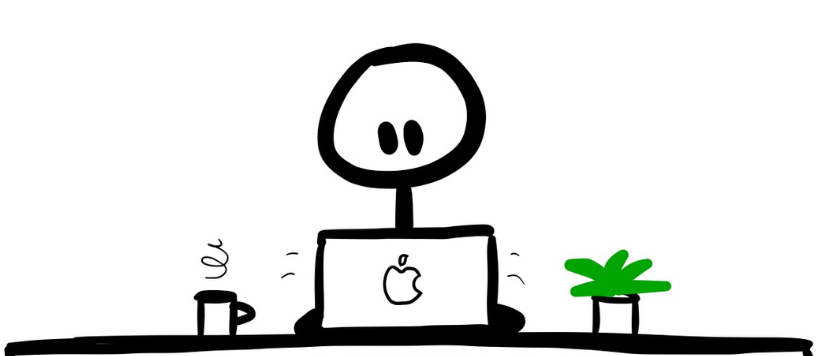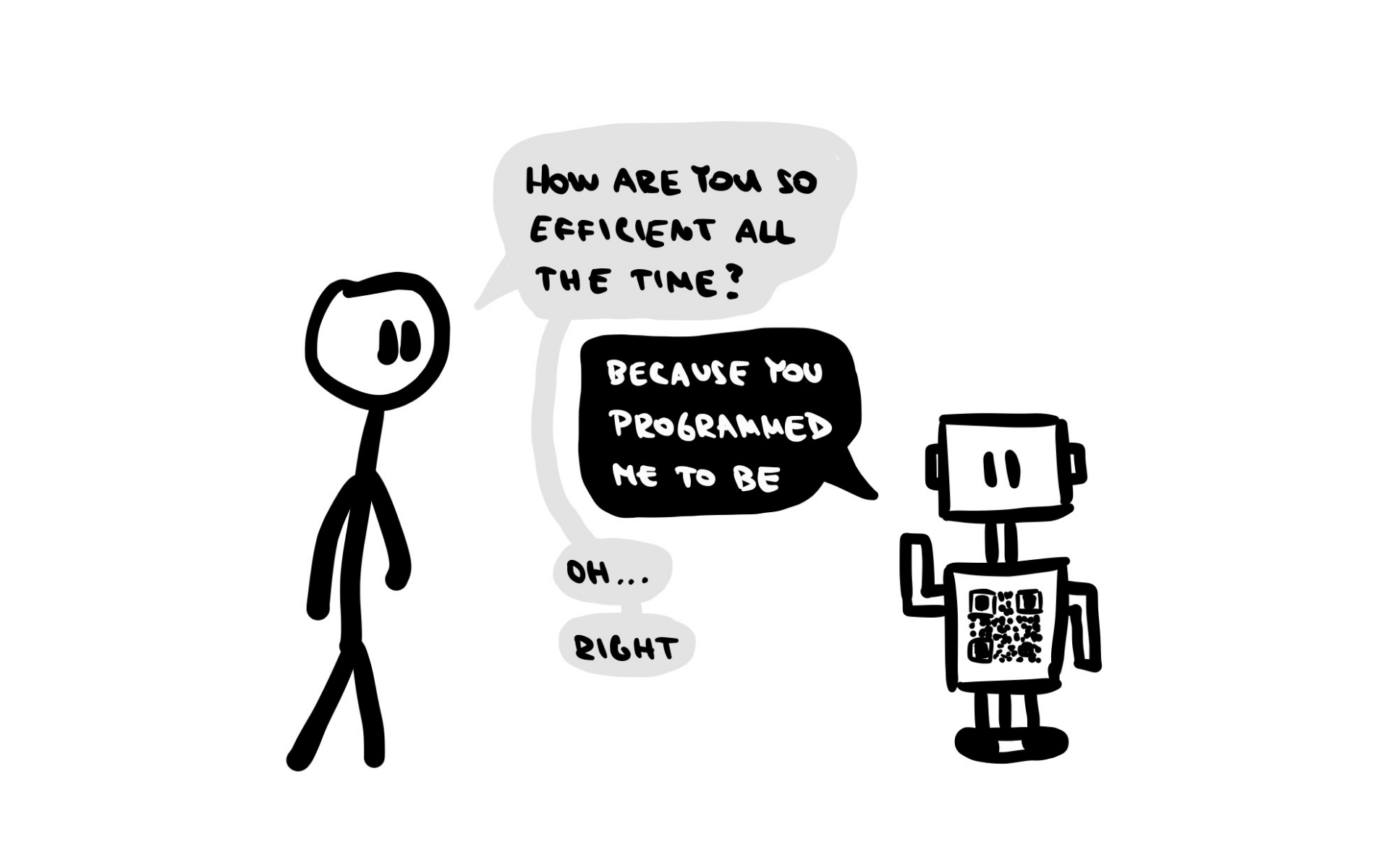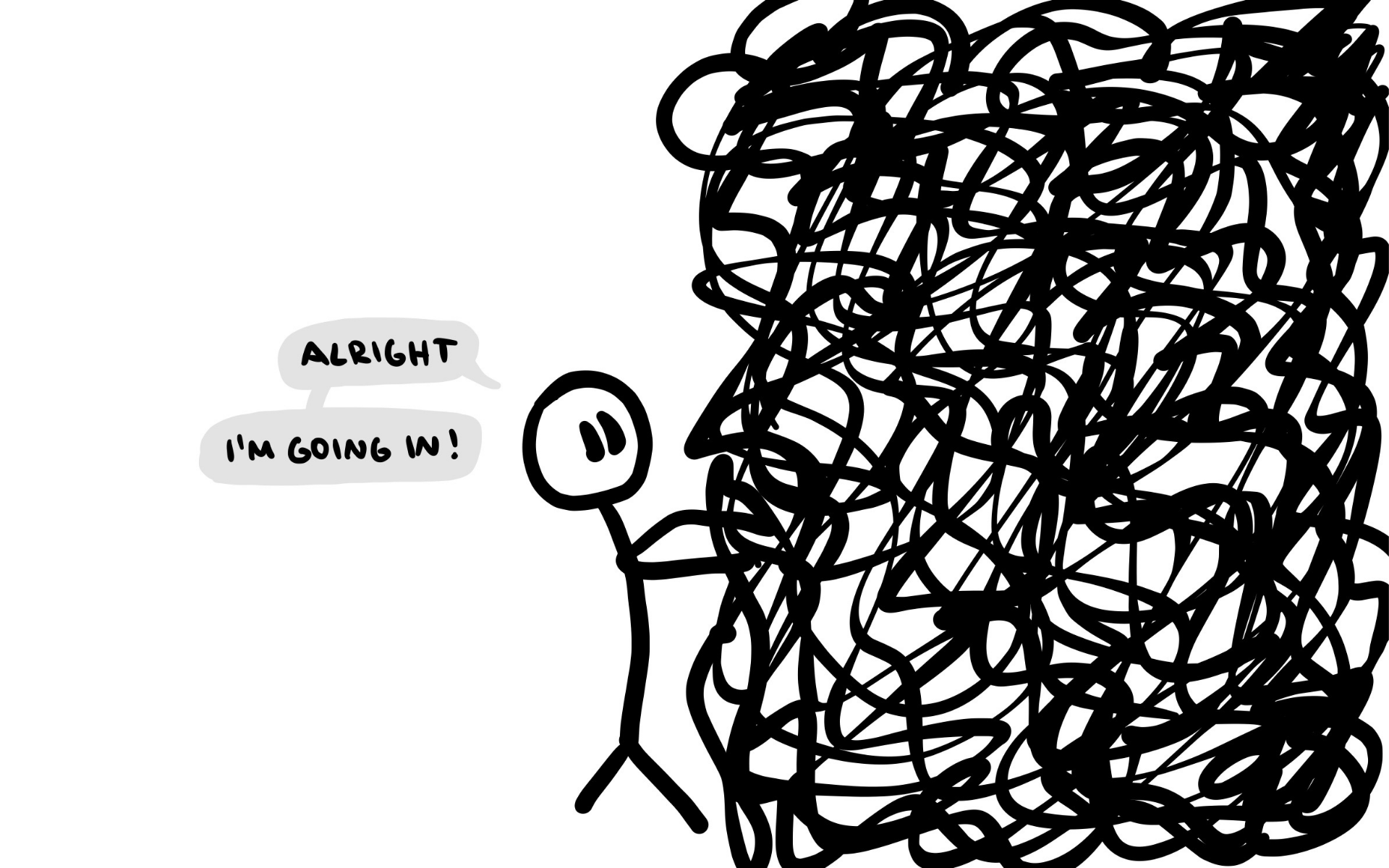Ondrej Markus
Entrepreneur in ed-tech, building the future of education as a founder and CEO at Playful.
I write about the future of education, designing learning games, and running a startup.
I'm a generalist, introvert, gamer, and optimizing to be useful.

The power of being lost

Today, I will share with you my favorite ideas from writer Kevin Kelly.
I keep returning to them regularly whenever I feel like I should know what I’m doing but really don’t.
They remind me how being lost can actually be good for you. (1)
Finding yourself is enough
“You are successful because you have found yourself. That’s independent of how much money you make, it’s independent of how many followers you have. It’s really about whether you have come to find out what it is that you can contribute, what impact you can have that no one else will have.” – Kevin Kelly
I agree. It’s enough of an achievement in life to find yourself. Any external measures like money or status might be helpful, but when all is said and done, what matters most is whether you did what you wanted to do.
However, it’s unlikely you can find yourself once and live happily ever since. I envy you if you can. I’m on my 4th run in 12 years of working, and I don’t expect to stop anytime soon.
It’s more likely you will find yourself and get lost again. It might take 5 years, 5 months, or 5 minutes, but you will eventually go back to being lost.

Finding yourself is less like a journey with a final destination, and more like an endless dance with unknown steps.
You get into the right rhythm, it feels incredible for a moment, and then the rhythm changes, and you are off again.
The idea that finding yourself is enough means to accept that the process of inventing your life is meaningful in itself. You don’t have to suffer through it. You can enjoy it.
Finding yourself means continually reinventing your life.
Don’t overspecialize
One of the reasons you can get stuck is overspecializing in one skill and refusing to let go of it. It has a fancy term in biology: premature optimization.
Premature optimization happens when a species evolves to perfection in one area, but then the environment changes (as it always does), and now it’s unable to adapt because the only thing it can do is useless, so it dies.
In the long term, the most successful species are the most adaptable.
In your life, you can imagine this as climbing a hill. Going up is improving at a specific skill or a job.

Then, one day, you arrive at the top. Congratulations, you’ve reached excellence in what you do.

But o-ou. Because the environment shifts constantly with new trends and technology, there’s suddenly a much higher hill right next to you.

The only way to get there is to go down the hill – get lost, unlearn, and let go of things. But you don’t want to throw away everything you’ve done to get here. So you stay.
As a result, you are not really okay where you are, but unwilling to move either. You are stuck.
Don’t overspecialize too soon and accept unlearning as a necessary part of reinventing your life.
Learn to learn better
Most kids in schools will probably do jobs we can’t imagine today. Even your next job might be something that doesn’t exist yet.
As technology speeds up how the world changes, the most critical skill becomes the meta-skill of learning.
If you become an expert on how you learn best, you can learn anything. That’s invaluable because if you couldn’t do your job for some reason, you can always learn something else.
You can do these two things to start learning better right now:
- Seek unfamiliar situations: Travel, learn a new language, play an instrument, join a new sport, buy a new board game, or start a side project. Going into unknown environments will force you to practice learning.
- Observe yourself: Self-awareness multiplies your learning. Watch yourself closely as you learn and notice which methods do and don’t work for you. Write a journal or reflect on your learning process with someone else.
Be inefficient
Efficiency is for robots. People thrive in inefficiency.

You will need a lot of attempts to figure out what does and doesn’t work for you. So don’t expect to be 100% efficient, solving everything on your first try. It leads to disappointment, frustration, and giving up too soon.
But this doesn’t mean you shouldn’t try your best every time. You definitely should. Just accept the reality of how innovation works – it’s about trial and error.
Inventing your life requires innovation because your unique combination of needs, personality, and current lifestyle is a one-time problem nobody solved before.
Think like an innovator when reinventing your life.
Innovation is driven by scientists and innovators making enough mistakes to eventually find a solution that works. If they didn’t fail along the way – meaning they didn’t create any unsuccessful experiments – they wouldn’t discover anything new.
The new lives on the edges of what you know so you need to venture into the unknown to discover it.
Try things and embrace failure as part of the process until you find something that works for you.
Nothing about this is efficient, but it’s the only way to keep reinventing your life as you and your environment change.
Go get lost
“If you read the biographies of anybody who’s successful, they all have that period of time in their lives when they were lost, didn’t know it. I embrace that sense of being lost.” – Kevin Kelly
You have more and better options than you think. So don’t limit yourself to what you know right now and get out there.
- Enjoy the process of reinventing yourself.
- Don’t overspecialize and keep your options open.
- Learn how you learn best.
- Embrace inefficiency and experiment rapidly.
Don’t take life too seriously.
Go get lost.

Footnotes
- Most of the ideas from this article are based on the first half of Kevin Kelly’s video interview on the Impact Theory Youtube channel. Watch it. It’s really good.